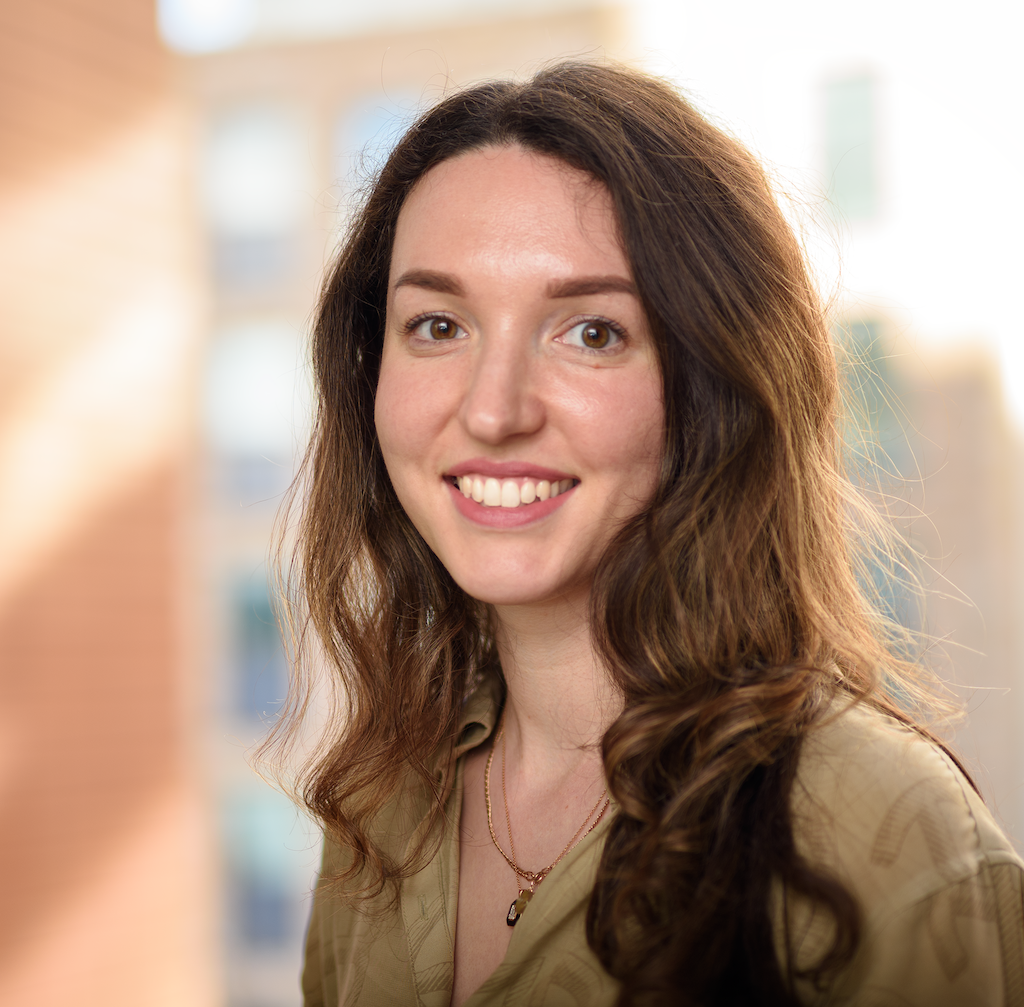
My research is in the fields of machine learning, statistical mechanics and neuroscience. At Imperial College London I lead a research group focused on AI interpretability and robustness.
Right now, I’m most interested in LLMs for mathematical reasoning, improved model control beyond language, crafting synthetic tasks for understanding the abilities & limits of transformers, and pushing the boundaries on the models ability to connect information in creative ways.
I also consult on AI deployment for companies, startups and investors.
Before
- I was a senior machine learning scientist at Liquid AI USD250mln raise
- I co-founded Skialabs, where we built software that manages waste collection operations in cities across the Netherlands, including Amsterdam. Funded by the European Union.
- Assistant Professor in Machine Learning at Imperial College London
Blog
For reflections on machine learning visit my Substack.
Youtube
Check my YouTube channel for deepdives and tutorials.
Publications
See Google Scholar for a full overview of my research publications.
Get in touch
- Email: a.surname@imperial.ac.uk
To ensure I read your message, include ‘Building better ML’ in the subject line.
Links
This is a jekyll based resume template made by Ankit Sultana